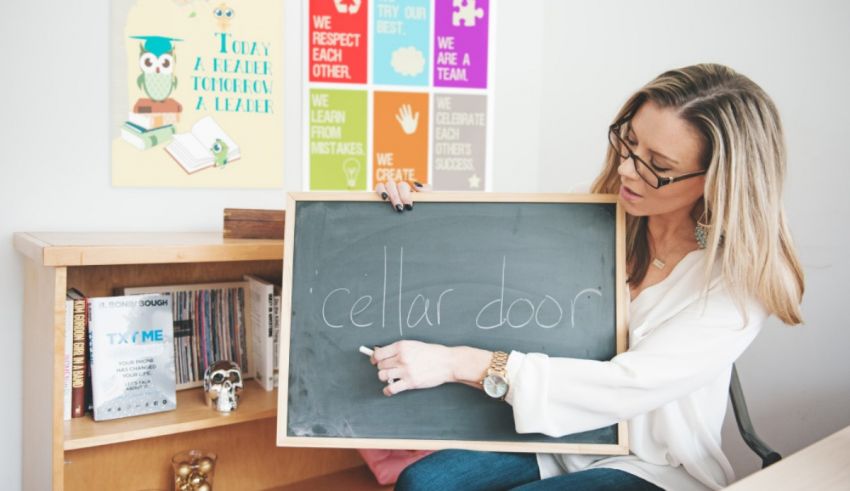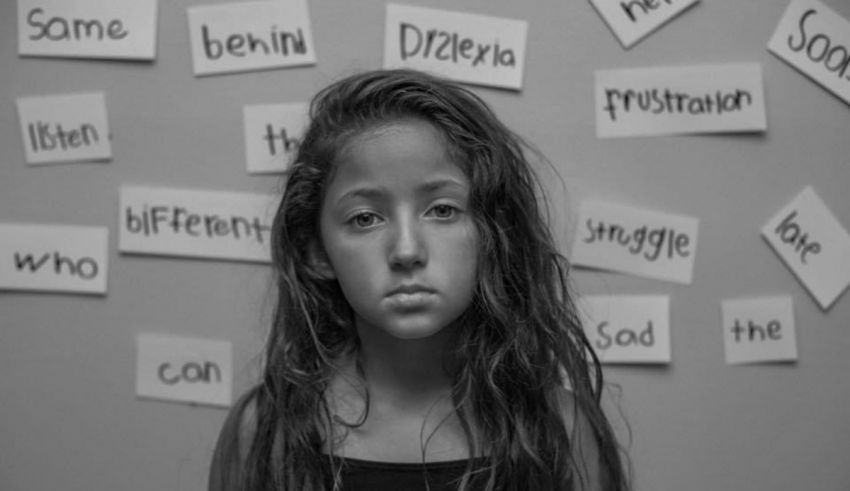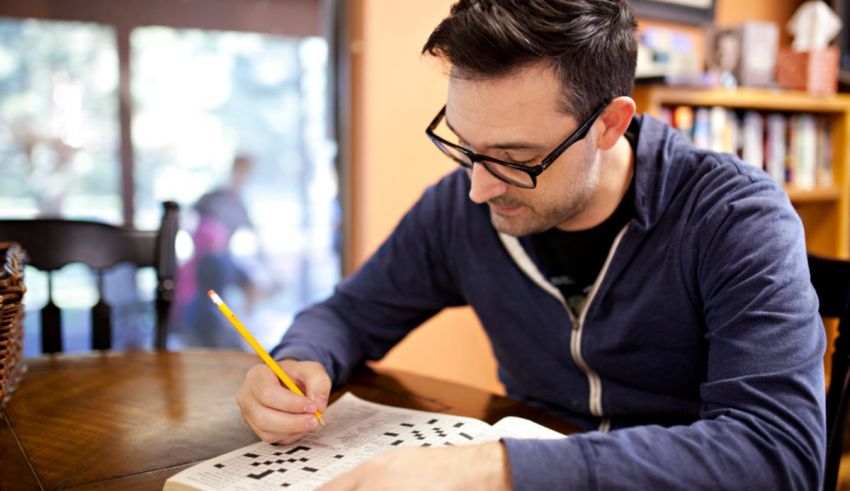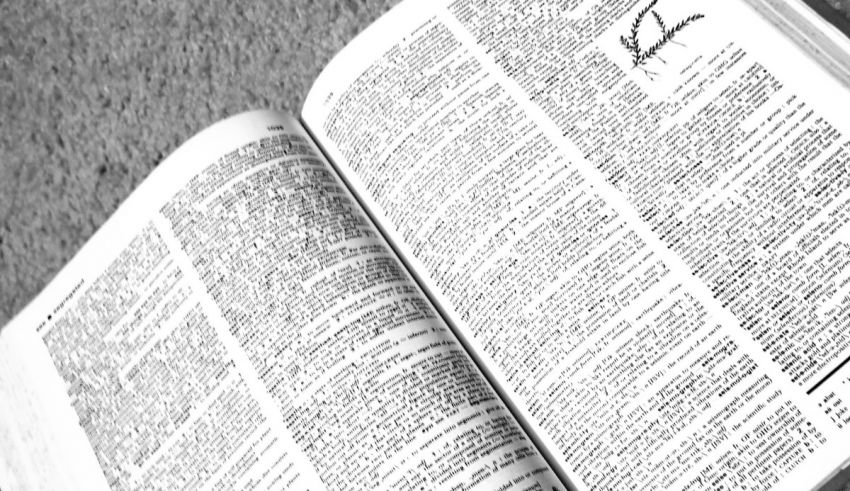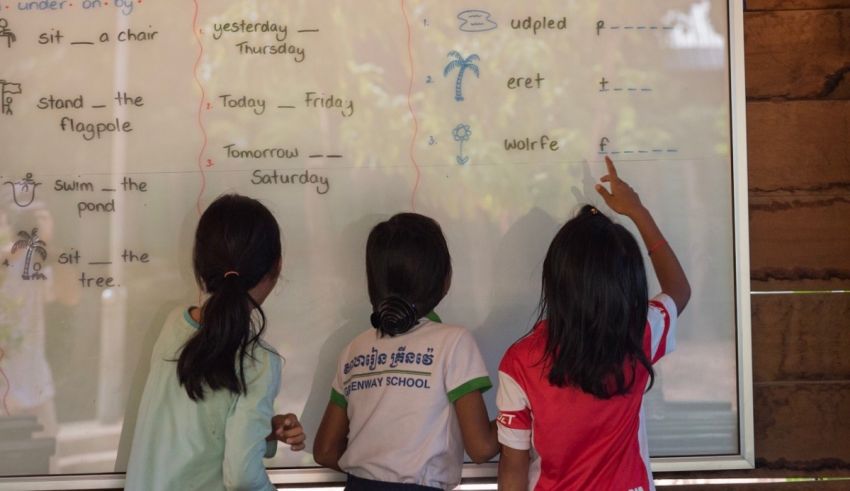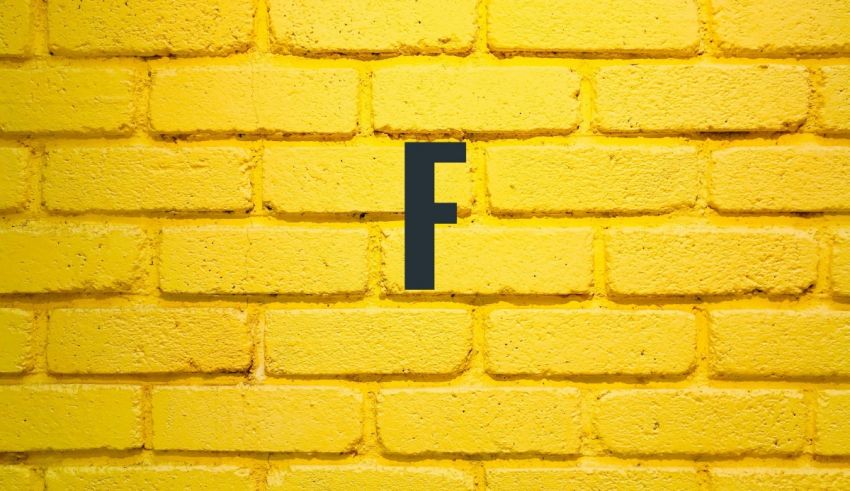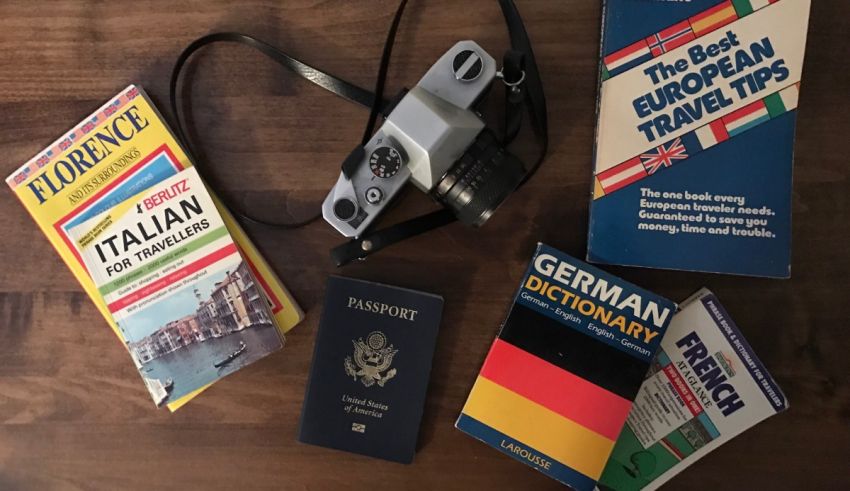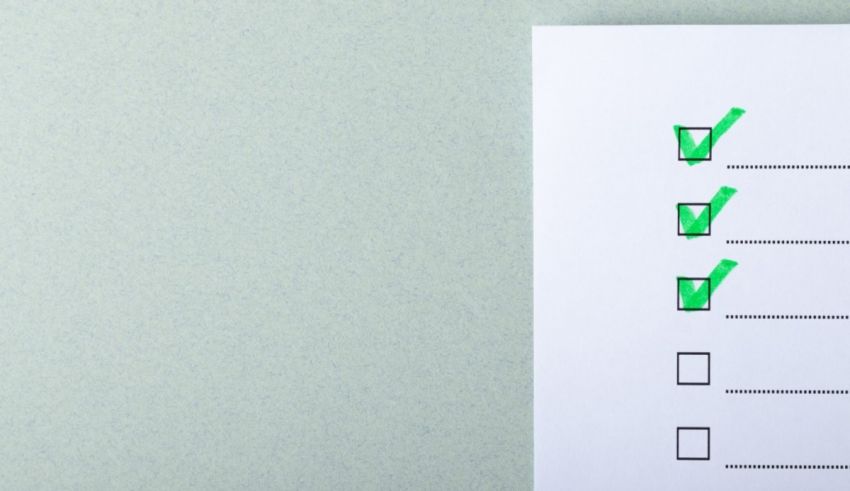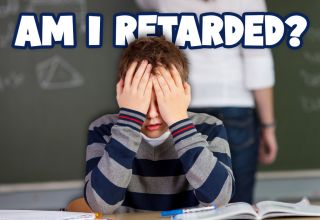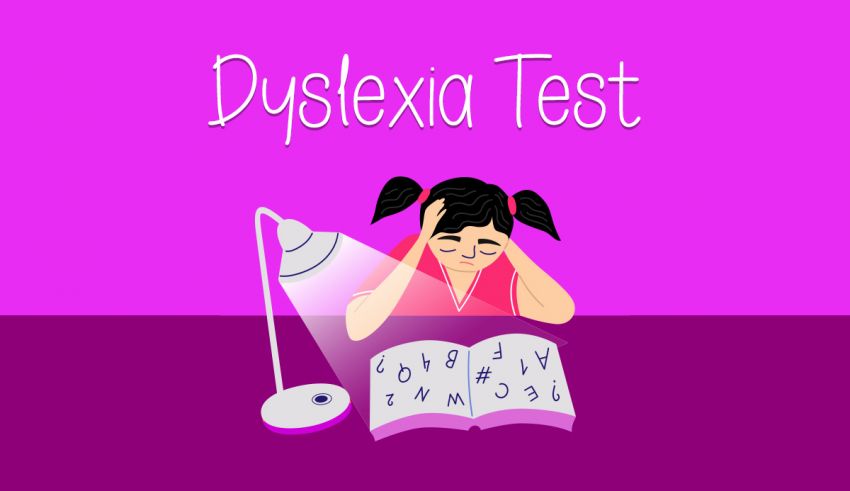
Dyslexia Test Explained
A dyslexia test discovers if a person is dyslexic, which involves looking for symptoms of difficulty connecting sounds with the representing letters. Most tests include a set of questions to estimate the examinees reading and [sometimes] writing skills.
Things That Are Unique About Our Quiz
The questionary on this page has no age limit, works for all types of reading disability, and is up-to-date. Here is everything you need to know about it.
· Works for All Types of Dyslexia
There are three types of dyslexic persons, dyspraxia, dyscalculia, dysgraphia. Out test is functioning for all of them equally. And it provides insights about each by the end of the test.
· Works for Both Adults and Kids
Our quiz is a dyslexia test for kids and adults. The questions have no age-related limits. However, it is best to have a supervisor or companion to guide children through the questionary for more accurate results.
· Has Short Sentences
All the questions and answers are specifically in short forms. That is because we wanted to make the test easy to read for anyone—especially for possible dyslexic participants.
· It Is Based on the Most Recent Findings
We used the most scientific data on dyslexic people to create this test. You will not find any outdated information, such as relating reading disabilities to eye movement control, etc. The dyslexia test you are about to take is based on 2021 findings. For instance, a recent study at Aalto University and the Niilo Mäki Institute showed that “Children at high risk of dyslexia face difficulty learning nonsensical words.” Our experts included the said study in the questionary.
How Does the Dyslexia Test Work?
As with most of the professional dyslexia tests, our quiz has four stages. During the first three phases, you should answer various sets of questions to reveals the symptoms, functions, and experiences. The fourth stage, however, is all about calculation the results—which takes a few seconds.
Stage One: Looking for the Red Flags
Taking the dyslexia test starts with diagnostic questions about indications of any reading disability. You or your child need to provide us with information about warning signs in advance. It would not be difficult because the questions are straightforward and simple.
Stage Two: Skill Testing
The second phase of the dyslexia test is about your reading skills. You will see various words and vocabulary-related questions with simple to difficult answers. Please, do not feel self-conscious about choosing an option. We are not looking for any wrong or right answer. Our goal is to determine if you are a unique dyslexic person—without judging you.
Stage Three: Experience Analysis
The final phase of the dyslexia test analyzes your memories about reading and comprehending written words. Your memories are an excellent source of inspecting the warning signs. So, we will try to present familiar scenarios to see if you relate to any of them.
Stage Four: Analyzing the Results
The final phase of the dyslexia test starts right after you answered the last question. It usually takes less than a couple of seconds for us to calculate the results.
Things to Know Before Taking the Dyslexia Test
You should know that you or your child is not disabled or ill. Although it is called a reading disability, it is just the way your brain functions. Scientifically speaking, human brains have neurodiversity. That means our minds are similar to our fingerprints—they are unique in their way. So, dyslexia is only your brain’s functioning method. And there is nothing wrong with it.
Here are some extra facts to have in mind before taking the dyslexia quiz.
It Is Way More Common Than You Think
1 in 5 students in the United States is dyslexic. That means 20% of the population is somehow dealing with this situation. So, unlike what many believe, it is common functionality that only needs specific care and attention.
It Is 100% Intervention-Friendly
As of 2021, there are lots of teaching methods to help dyslexic students keep up with others. So, even if the dyslexia test result is positive, there is nothing to worry about. Contrary to what some suggest, students who benefit from specifically designed learning procedures face no difficulty pursuing a normal educational path.
What to Do After Taking the Dyslexia Test
Awareness is only the first step. Your journey actually starts after taking the dyslexia questionary. Here are some tips on what to do next.
Multi-Sensory Intervention Methods
If you are still in the educational system, seek multi-sensory teaching techniques. It is the latest method to help dyslexic people learn the materials faster and easier. Of course, you are most likely to benefit from this technique at an early age. However, it works for adults as well. The process of multi-sensory teaching includes the usage of all senses to help to memorize and learn.
Recognizing a Dyslexic Person’s Potentials
Elvie Brown, an educational psychologist, says, “Dyslexia people have to develop other alternative paths instead of reading. So, those elements of them often become then practiced, rehearsed, and better functioning.” Scientific data also shows that individuals with reading problems are more likely to have better visual-spatial skills than an average person. So, in short, dyslexia comes with its benefits. You only need to see the potential in you or your kid to benefit from it.
Get Professional help
One of the most important things to do after taking the dyslexia test is to seek professional help; especially if you are still young. Many organizations are ready to offer modern techniques and tools to accelerate your learning process and lend a hand with your reading skills.
What NOT to Do After Taking the Dyslexia Quiz
If your test result is positive, please avoid the following actions.
Focusing on Balancing Practices
In the past, some teachers and practitioners used to suggest balancing practices to help dyslexic students. Such an approach is rooted in outdated beliefs that lack of balance is the main reason why students cannot read sufficiently. However, recent studies and works show that such methods do not help to reduce the effects of dyslexia.
Using Eye Movement Control Techniques
Another old-fashion technique to deal with reading problems is eve movement control practices. But again, scientific data does not back it. And you are better off without such methods.
Famous People with Dyslexia Explaining Its Uniqueness
One in five persons has reading problems. So, it is quite easy to find famous people with the same problem. Dyslexia is a common thing among famous personalities throughout history. Below, you read how some of them describe this situation in their own words.
Orland Bloom
Being a well-known actor, Orlando believes that “if you are dyslexic, it is kind of your superpower. It is like the way that you think.” He has been struggling with reading problems since an early age. And, as he puts it, the whole thing only made him unique and powerful.
Richard Branson
“Our brains, they are wired to, I think, process information differently,” says Richard Branson—one of the richest men in the world who is also dyslexic. He also believes that students with dyslexia are exactly the ones we need at schools!
Keira Knightly
“The way I see the world is different. But that is valid. In fact, vital.” Those are the words Keira uses to describe her feelings about the reading disability she has gone through. As she suggests, it only enabled her to perceive the world uniquely and use it in her favor.
Are You Wondering “Am I Dyslexic?” Take the Test Now
Our dyslexia test is here to help you out. Answering the following questions is the easiest way to find out if you have any symptoms of reading disability or not. It is time to face reality without being worried about judgments, labels, and humiliations. Let’s find out what your superpower is!

